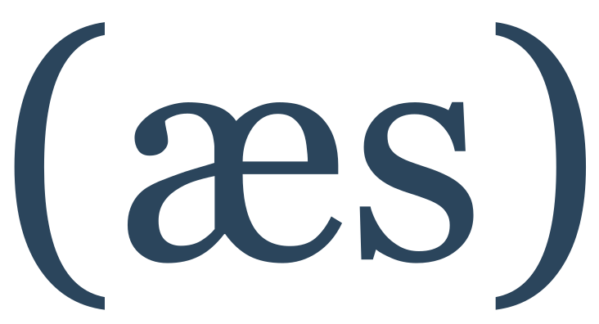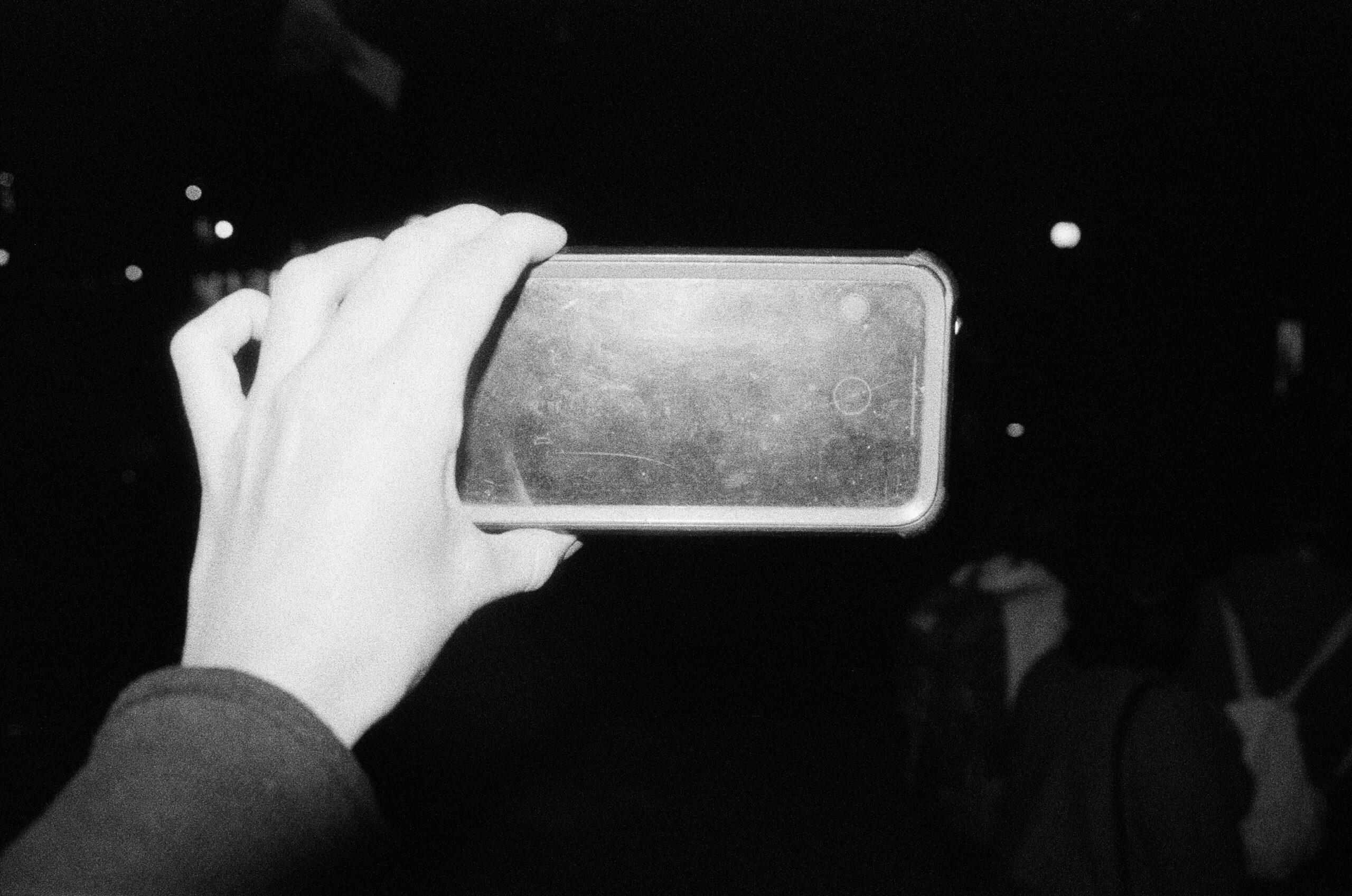by Jacqueline Solway, Naveeda Khan, and Shanti Parikh
A Look Back to Look Forward, by Jacqueline Solway
I left the 2019 joint American Anthropological Association (AAA)/Canadian Anthropological Society (CASCA) Annual Meeting pumped with enthusiasm about taking on my new role as American Ethnological Society (AES) president. AES is blessed with outstanding and engaged board members who had exciting plans for 2020. But then it was 2020 and nothing unfolded as planned. After much hard work planning for our joint spring AES/APLA (Association for Political and Legal Anthropology) conference, the organizers took what seemed at the time (March 6) the very difficult decision to cancel. AES had already invested much work and resources into planning for the AAA Annual Meeting in St. Louis and within a short time it too was cancelled due to ongoing public health concerns. Like many section presidents, I worried about maintaining momentum and vitality in the face of the pandemic and in the absence of the energy and intellectual and personal exchange that is generated through in-person meetings.
COVID-19 revealed inequities in its patterns of morbidity and mortality. Similar inequities became amplified after repeated acts of racialized police violence, public protest, and several deadly responses. Anthropologists intervened by offering analysis, insightful essays, and talks; the AES website is bursting with sets of creative work inspired by the crises. American Ethnologist (AE) updated its then about to be published @Ferguson forum. The Association and virtually every AAA section offered thoughtful and serious statements in support of Black Lives Matter. This and many other activities on the part of anthropologists in the academy and in the public sphere demonstrate our mettle and afford some avenues for ongoing navigation of the difficult challenges we face in the current moment and beyond.
Taking lead from the Association of Black Anthropologist’s (ABA) statement that implored us to go beyond the platitudes of white guilt and create concrete means by which our discipline and institutions can engage in inclusive and transformational practices that interrupt the reproduction of existing hierarchies, section presidents have pledged to act. Please join us for the Raising Our Voices livestream session, “AAA Section Collaboration on Anti-Racism” and contribute to the dialogue.
AES goes to ROV, by Naveeda Khan
After the cancellation of our AAA Annual Meeting, most of us thought that was it for this year. However, this being a year of much tumult, with social movements at the heels of the global pandemic that many governments have failed to manage, and with the US elections upcoming, AAA must have known that anthropologists were chomping at the bit to speak truth to power, and failing that, to stomp, fume, chew on some thoughts, and support one another by listening. I see Raising Our Voices (ROV), the virtual event series scheduled for November, as our Association’s effort to give us this space and I applaud the team that worked tirelessly to make it possible. As program chair for AES, I have the pleasure of introducing the suite of events curated or sponsored by our section. We are excited to have four one-hour long livestream sessions on scheduled days and times available on the ROV program and three view-on-demand (VOD) events that are accessible through the ROV platform. ROV is also supporting the usual workshops run by AES on teaching, publishing in journals, and book publishing, to be offered at the conclusion of the live portion of its program.
Among AES’s events are two livestream sessions, “Liberating Blackness and Anthropology: Art, Protest and Co-production” (spotlighted below) and “In Medias Res: US Elections and Politics,” which take aim at the confounding nature of our contemporary moment in the United States, utilizing art and language to do so. Two additional livestream sessions, “Disabled Voices in the Field: Toward Reimagining Anthropologists at Work” and “On Writing Otherwise: Rethinking the Genre and Forms of Ethnography” remind us that the labor of anthropology continues through writing and fieldwork, with the need to attend to ongoing challenges with creativity. The three VOD submissions, a virtual poster session on “Social Media for Social Change: Facebook Women’s Groups,” a talk on “Populism and the Pandemic in Tanzania’s 2020 Election,” and a podcast on “Discovering Truth Podcast Series,” each contribute to the current imperative to examine the threats and possibilities of media in all its different forms (social media, news media, communication technologies). AES invites you to ROV.
“Liberating Blackness and Anthropology: Art, Protest, and Co-Production,” by Shanti Parikh
“Liberating Blackness and Anthropology: Art, Protest, and Coproduction” confronts the current moment of racial reckoning, within anthropology but also within the United States and globally. In this Raising Our Voices livestream roundtable we ask, What is the ethical duty and what violences do we commit when our research is focused on Black death, brutality, and grieving? And in what ways do liberal claims of wanting to abolish antiBlackness resemble our discipline’s decolonizing moves that have yet to bring a complete reconfiguring of power, prestige, and professional capital? This roundtable emerges from a project to lay bare the entanglements of doing ethnography within the market-driven academic process as well as our colonial legacies, and asks if we are ready to liberate Blackness and Anthropology. It aims not to offer conclusions but to explore how anthropology can avoid perpetuating epistemic violence and challenge anthropology’s attachments to “disciplined” white practices.
We bring together St. Louis artivists, creatives, and academics who coproduced the 2020 forum, “@Ferguson: Still Here in the Afterlives of Black Death, Defiance, and Joy” in American Ethnologist. @Ferguson was inspired by the ethical work of living in a city that gained international prominence from the 400-day Ferguson Uprising, sparked by the death of the unarmed Black teenager, Michael Brown, in 2014. We were also inspired by St. Louis “artivists” (artist/activists) whose work in the streets and studios created and archived meanings of Black death and defiance, but also of enduring Black life and joy, birthing a twenty-first century Black liberation movement. In cocreating this forum, we challenged conventional academic journal and writing practices through weaving together a multiauthored collage of essays, artworks, photographs, personal narratives, and poetry. Artists and academics on the ROV roundtable will continue @Ferguson’s political, ethical, and aesthetic provocation and call out for an antiracist and anticolonial anthropology.
Jacqueline Solway is president of the American Ethnological Society.
Naveeda Khan is the AES program chair for Raising Our Voices.
Shanti Parikh is the contributing editor for the AES section news column in Anthropology News.
Cite as: Solway, Jacqueline, Naveeda Khan, and Shanti Parikh. 2020. “AES at Raising Our Voices.” Anthropology News website, October 26, 2020. DOI: 10.14506/AN.1521



